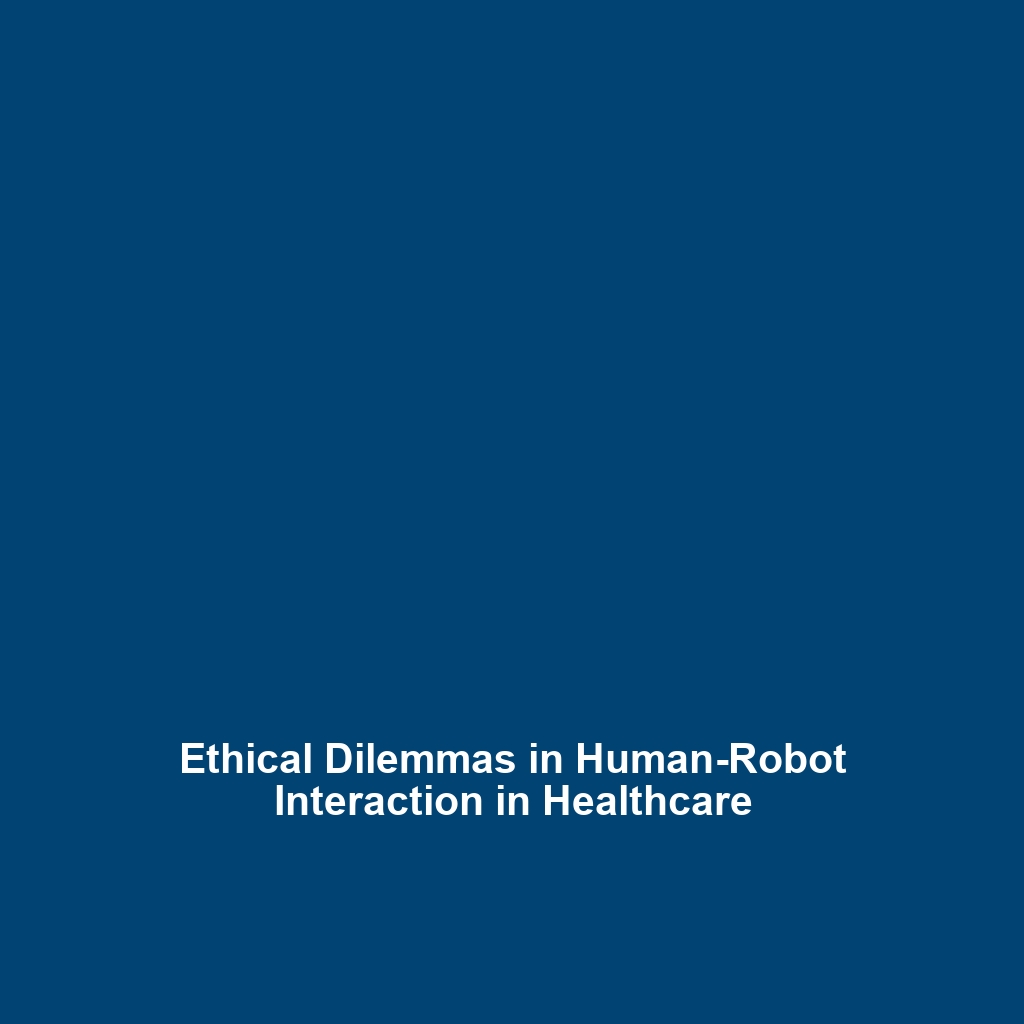Potential Impact of AI: Improving Diagnostic Accuracy, Reducing Errors, and Streamlining Administrative Tasks
Introduction
Artificial Intelligence (AI) is revolutionizing the healthcare landscape, making significant strides in improving diagnostic accuracy, reducing errors, and streamlining administrative tasks. The integration of AI technologies into healthcare not only enhances patient outcomes but also optimizes operational efficiency. As healthcare professionals face mounting pressures from the demands of patient care and administrative functions, the application of AI becomes increasingly significant. This article delves into the potential impact of AI in healthcare, highlighting its importance in promoting better healthcare practices and enhancing the overall quality of medical services.
Key Concepts
Improving Diagnostic Accuracy
Incorporating AI systems such as machine learning algorithms and natural language processing can significantly enhance diagnostic accuracy. By analyzing large datasets and identifying patterns that may elude human practitioners, AI can assist in making quicker and more precise diagnoses.
Reducing Errors
The utilization of AI in healthcare settings reduces the likelihood of human errors. Automated systems can provide decision support, alerting clinicians to potential discrepancies and inconsistencies in patient data, thus facilitating timely interventions.
Streamlining Administrative Tasks
AI is also instrumental in optimizing administrative workflows. From scheduling appointments to managing billing processes, AI tools can automate time-consuming tasks, allowing healthcare professionals to focus more on patient care rather than administrative duties.
Applications and Real-World Uses
The applications of AI in healthcare are vast and varied. Some notable implementations include:
- AI-assisted Imaging: Tools such as IBM Watson Health use AI algorithms to interpret medical images, providing radiologists with enhanced decision-making capabilities.
- Clinical Decision Support: Systems like Epic’s AI-powered software aid physicians by suggesting evidence-based treatment options tailored to individual patient needs.
- Patient Management: AI chatbots, like those used by Babylon Health, assist in triaging patients and providing health information, streamlining the patient intake process.
Current Challenges
Despite its potential, the implementation of AI in healthcare faces several challenges:
- Data Security and Privacy: Ensuring patient data confidentiality while utilizing AI systems is a paramount concern.
- Integration with Existing Systems: Compatibility issues often arise when incorporating AI solutions with current healthcare technologies.
- Regulatory Hurdles: Navigating complex regulations regarding AI in medical practices can delay the adoption of new technologies.
Future Research and Innovations
Looking forward, research in AI for healthcare continues to evolve. Potential innovations include:
- Predictive Analytics: Future AI systems may leverage historical data to predict patient outcomes, enhancing preventive care.
- Personalized Medicine: AI could advance tailor treatments to individual genetic profiles, leading to more effective healthcare interventions.
- Telemedicine Enhancements: AI technologies will likely improve the quality of virtual consultations, providing real-time analytics during patient interactions.
Conclusion
In summary, the potential impact of AI in healthcare—through improving diagnostic accuracy, reducing errors, and streamlining administrative tasks—is profound. As the healthcare industry continues to embrace AI technologies, ongoing research and ethical considerations will remain pivotal to achieving optimal outcomes. For further insights into AI applications in healthcare, explore our articles on the benefits of AI in healthcare and the future of health technology.

